
Fetal Development – Know Everything About Your Baby’s Digestive System
6 min readWritten by Gayathri Lakshminarayanan


The embryo develops into a fetus after the eleventh week of pregnancy, and it is after that stage that the digestive system of the baby proliferates. The fetal receives all the nutrients it requires from the mother during pregnancy.
The baby does not require a fully functioning digestive system until born. But, the moment after the birth, they need a fully backed up, properly working digestive system. When the baby gets the first feed after birth, the digestive system begins to function by digesting the milk and segregating the waste into wees and poos. Get ready for nappy time. In this article, let us discuss more about the early stages of your baby’s digestive system and all that you need to know as they grow up. Let us get started.
In This Article
- Early Stages of Fetal Development of Baby’s Digestive System
- Parts of the Digestive System
- Baby’s Digestive System Prep During the Fetal Development
- Your Fetus’s First Bowel Movement
- What Can You do During Pregnancy to Help Develop the Fetal Digestive System?
- What Are the Major Milestones in Fetal Digestive System Development?
- FAQ’s
Early Stages of Fetal Development of Baby’s Digestive System
The digestive tract begins to develop from the fifth week of pregnancy. A long tube runs along the underside of the embryo, which gets stronger between the eighth and tenth weeks. Until the thirteenth week of pregnancy, the fetus receives the required nutrients from the placenta.
After the thirteenth week, the fetus starts to swallow the amniotic fluid. The waste from any fluid the baby swallows is extracted through the placenta. Until your baby is born, the digestive system does not begin functioning because the necessary nutrients for growth and development are infused into his bloodstream through the placenta.
Parts of Baby’s Digestive System

There are three primary parts in your baby’s digestive system – Foregut, Midgut, and Hindgut.
1. Foregut
The Foregut consists of Esophagus, Stomach, Liver, and Pancreas. All of these begin to develop during the seventh week of pregnancy.
- The Esophagus helps push the food from your baby’s mouth to the stomach. The liver and Pancreas would have sprouted the buds during this phase to support digestion.
- The liver helps absorb the nutrients and filters the waste and toxic substances. The Pancreas supplements digestion by secreting digestive enzymes to break the food particles into other smaller particles.
- The liver outgrows the other parts by the 11th week to aid digestion. The liver can form 10 percent of the baby’s total weight by the eleventh week.
2. Midgut
The Midgut consists of small intestines and two-thirds of large intestines.
- The intestines start to develop by the seventh week, and it is a long stretch and needs ample space in the baby’s body. It begins to form and grow in the umbilical cord and reaches the abdomen by the eleventh week.
- During the tenth week of pregnancy, the small intestines form into loops and create the space required to absorb the food processed in the stomach. From the inner layer of the small intestine, the lining forms like a finger called Villi.
- By the last trimester, the small intestines would have lengthened and could be around nine feet long if they were unfolded. Stop going “Aww” until you know that this is not the final size. The intestines grow as the kids grow, and when they become an adult, the intestines could be measured around 20 feet long.
- At the twelfth week of pregnancy, the intestines slowly move to the abdomen leaving behind the temporary space in the umbilical cord.
3. Hindgut
The Hindgut consists of the rest of the large intestine, Rectum, and Anus.
- Initially, the rectum, anus, and other structures that will form part of the bladder grow together.
- By the ninth week of pregnancy, two separate parts develop to support the urinary system and the anus and rectum.
Baby’s Digestive System Prep During the Fetal Development
The baby does not use the digestive system until he is born, but that does not stop the organs from developing rapidly. The amniotic fluid swallowed by the baby is excreted through the urinary system. Consuming the amniotic liquid helps maintain adequate fluid in the amniotic sac.
If there is too much amniotic fluid, the baby is not swallowing enough fluid, and there might be some problems associated with the digestive tract.
If there is too little amniotic fluid, it indicates that the baby’s urinary system is not functioning correctly by returning the fluid to the sac.
Swallowing is just a practice, and the baby becomes an expert at it even if there is no actual food to move.
Your Fetus’s First Bowel Movement

Your baby’s first bowel movement begins when they are just born. As already mentioned, the baby starts swallowing the amniotic fluid by the thirteenth week, resulting in the formation of a substance known as Meconium in the intestines.
Meconium accumulates amniotic fluid, skin cells, mucus, and other substances the baby might have swallowed in the womb. The Meconium stays inside the baby until his birth as the baby’s first bowel movement.
[Read : Second Trimester Anomaly Scan For Your Growing Baby]
What Can You do During Pregnancy to Help Develop the Fetal Digestive System?

Ultrasound is the best option to oversee the growth of the fetus inside the womb. Make sure you take an ultrasound scan between 18 to 21 weeks of pregnancy. With the help of the scan, the sonographer will get an idea about the baby’s digestive development.
In sporadic instances, the digestive system might not develop correctly. The level of fluid surrounding the baby could indicate either of the following two conditions:
- Polyhydramnios: Too much amniotic fluid;
- Oligohydramnios: Not enough amniotic fluid.
Your doctor might also prescribe further procedures to ensure things are fine with the mother and the baby.
[Read : Polyhydramnios- Excessive Amniotic Fluid During Pregnancy]
What Are the Major Milestones in Fetal Digestive System Development?
Once your baby begins feeding after birth, the digestive system will start processing the food and excretes the waste. The following table gives a complete glimpse of the fetus’s digestive milestones to be achieved.
| Pregnancy Week | Milestone |
| 5 Weeks | Digestive Tube starts forming. |
| 7 Weeks | The stomach, Esophagus, liver, and pancreas develops. |
| 8 to 10 Weeks | The digestive tube becomes strong by developing cells before becoming a tube. |
| 7 to 11 Weeks | Loops and Villi are formed, and the intestine occupies the umbilical cord. |
| 11 Weeks | Rectum and Anus develop. |
| 12 Weeks | The intestine moves from the umbilical cord to the abdomen. |
| 13 Weeks | Baby can suck and swallow amniotic fluid, and meconium begins to form in the gut. |
| 26 Weeks | Low-level absorption begins. |
| 28 Weeks until Birth | Absorption and Peristalsis develop more efficiently. |
Pregnancy and childbirth are unique yet the most crucial phases of everyone’s life. As parents, the development of the digestive system of the babies is always a serious concern and most commonly consulted with the doctor. We have discussed all you need to know to fully understand the baby’s digestive system from conception to birth. Ensure you get your ultrasound checkup at regular intervals to determine if the digestive parts are developing correctly—happy pregnancy and parenting.
[Read : Low Amniotic Fluid (Oligohydramnios) During Pregnancy]
FAQ’s
1. What Becomes the Digestive System During Prenatal Development?
The embryo develops three layers of cells during the early weeks of pregnancy. The innermost layer, also known as the endoderm, is the digestive system of babies during prenatal development.
2. When Does a Fetus’s Digestive System Develop?
The digestive system of the fetus begins to develop during the seventh week of pregnancy.
3. When is the Fetus’s Digestive System Fully Developed?
The fetus’s gastrointestinal tract is fully developed by 20 weeks of pregnancy. However, it does not start functioning until birth.
Read Also: Fetal Development – Know Everything About Your Baby’s Genitals and Urinary System

Gayathri Lakshminarayanan,CA, B.Com
Gayathri’s passion for writing had its foundation at the very early stages of her life when she was on her college editorial board and also won several awards for writing events and book review competitions. She combines her corporate experience with her writing skills and her experience as a homemaker makes her an empathetic contributor in the parenting domain . Her shift from full-time accounting professional to a homemaker gave her career a new direction.Read more.
Responses (0)
Want curated content sharply tailored for your exact stage of parenting?
Related articles
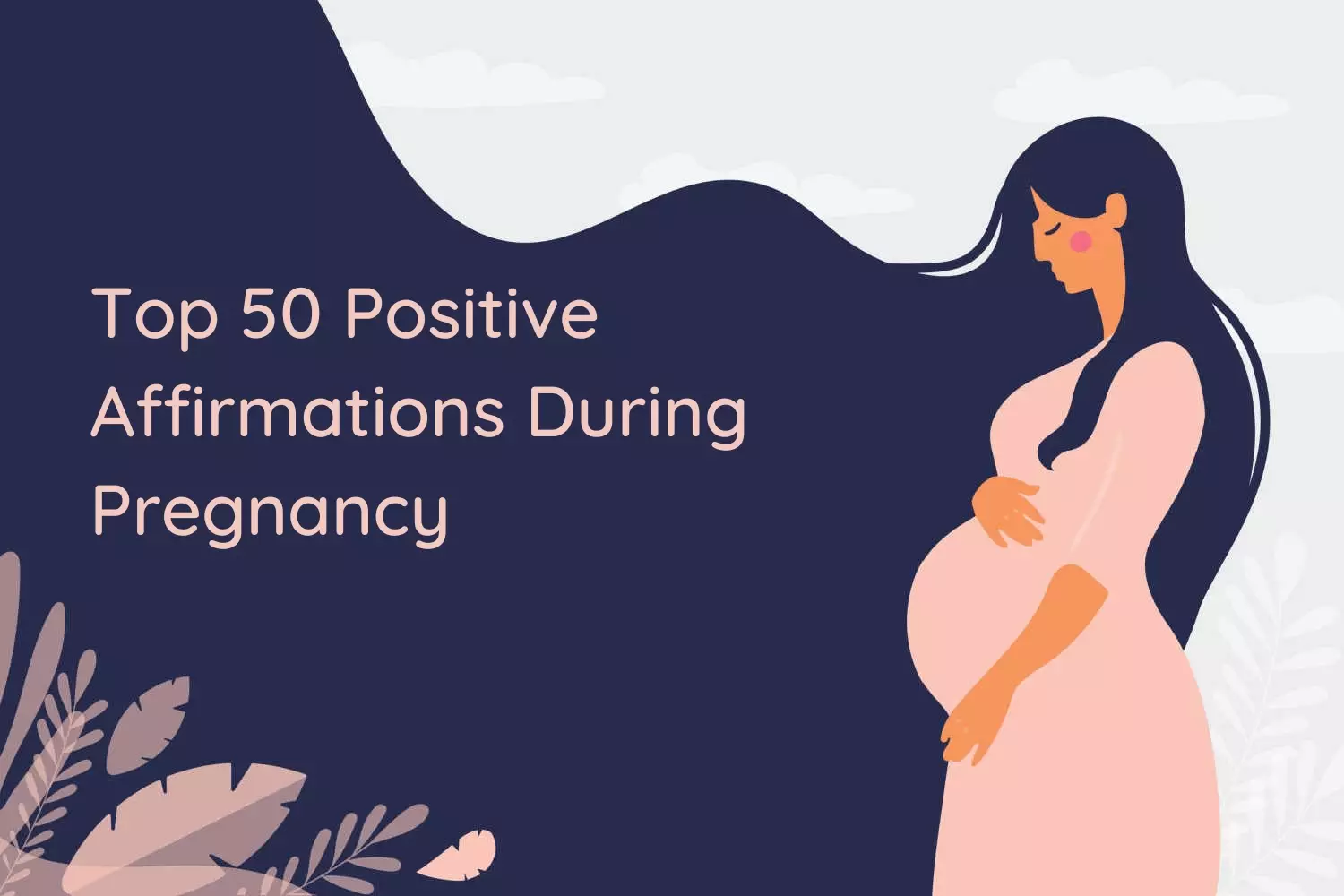
Top 50 Positive Affirmations For a Healthy and Peaceful Pregnancy
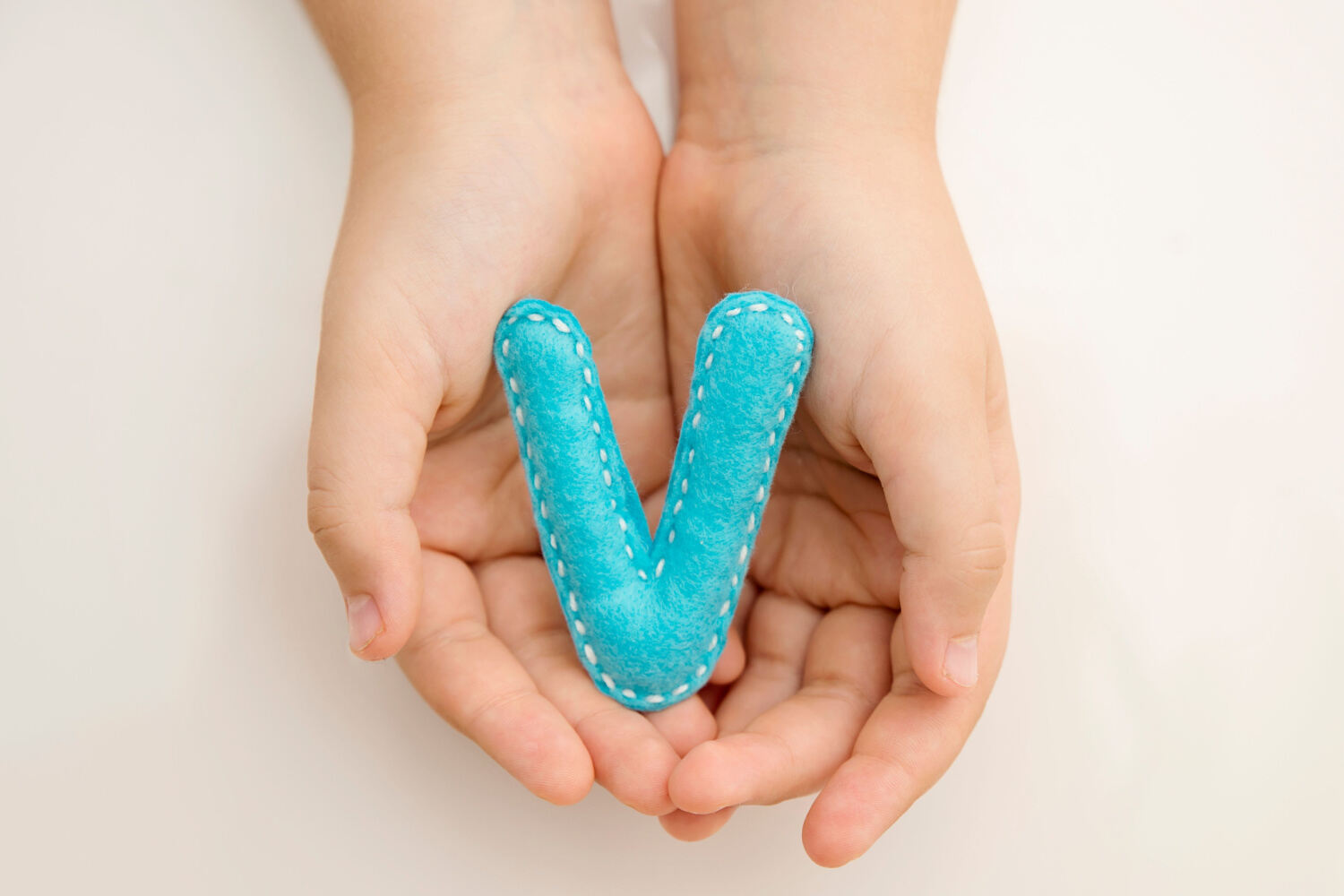
200 Top Indian Baby Girl Names Starting With V
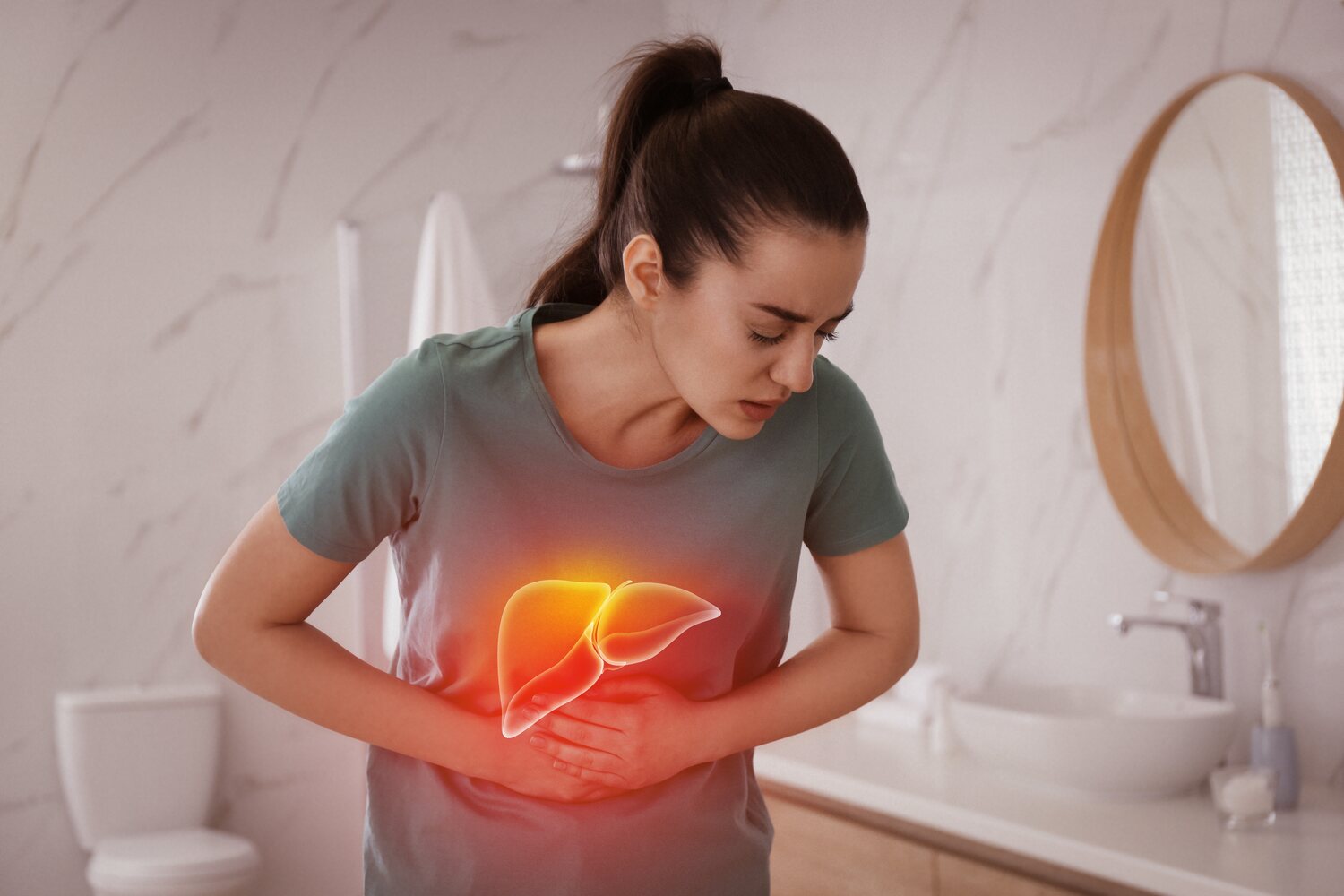
Intrahepatic Cholestasis of Pregnancy – Symptoms And Causes

Decaffeinated Coffee During Pregnancy – Is It Safe To Drink ?
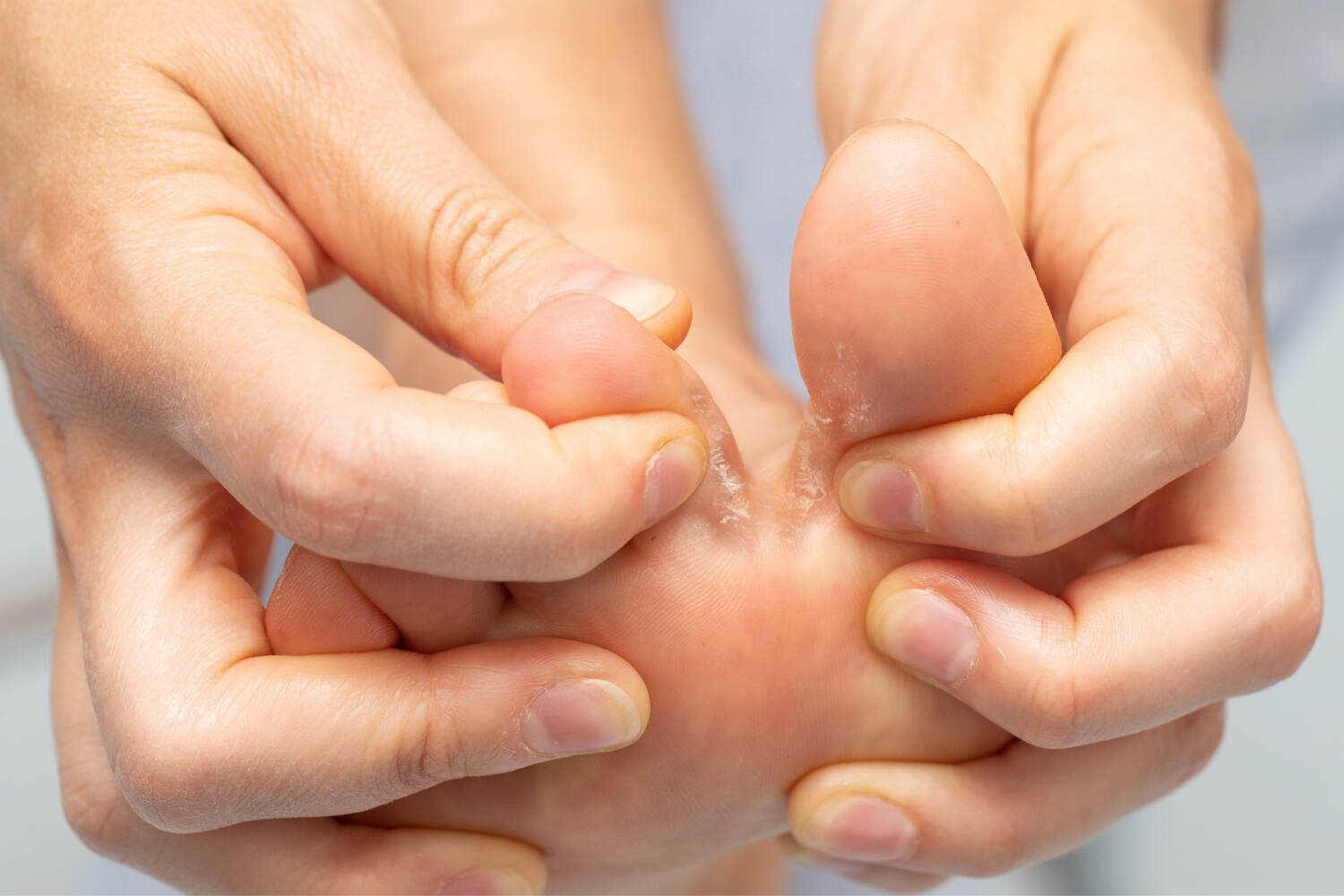
Athlete’s Foot During Pregnancy – Causes, Treatment And Home Remedies
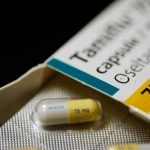
Tamiflu While Pregnant – Safety Profile, Dosage And Side Effects
Sponsored content
Discover great local businesses around you for your kids.
Get regular updates, great recommendations and other right stuff at the right time.





